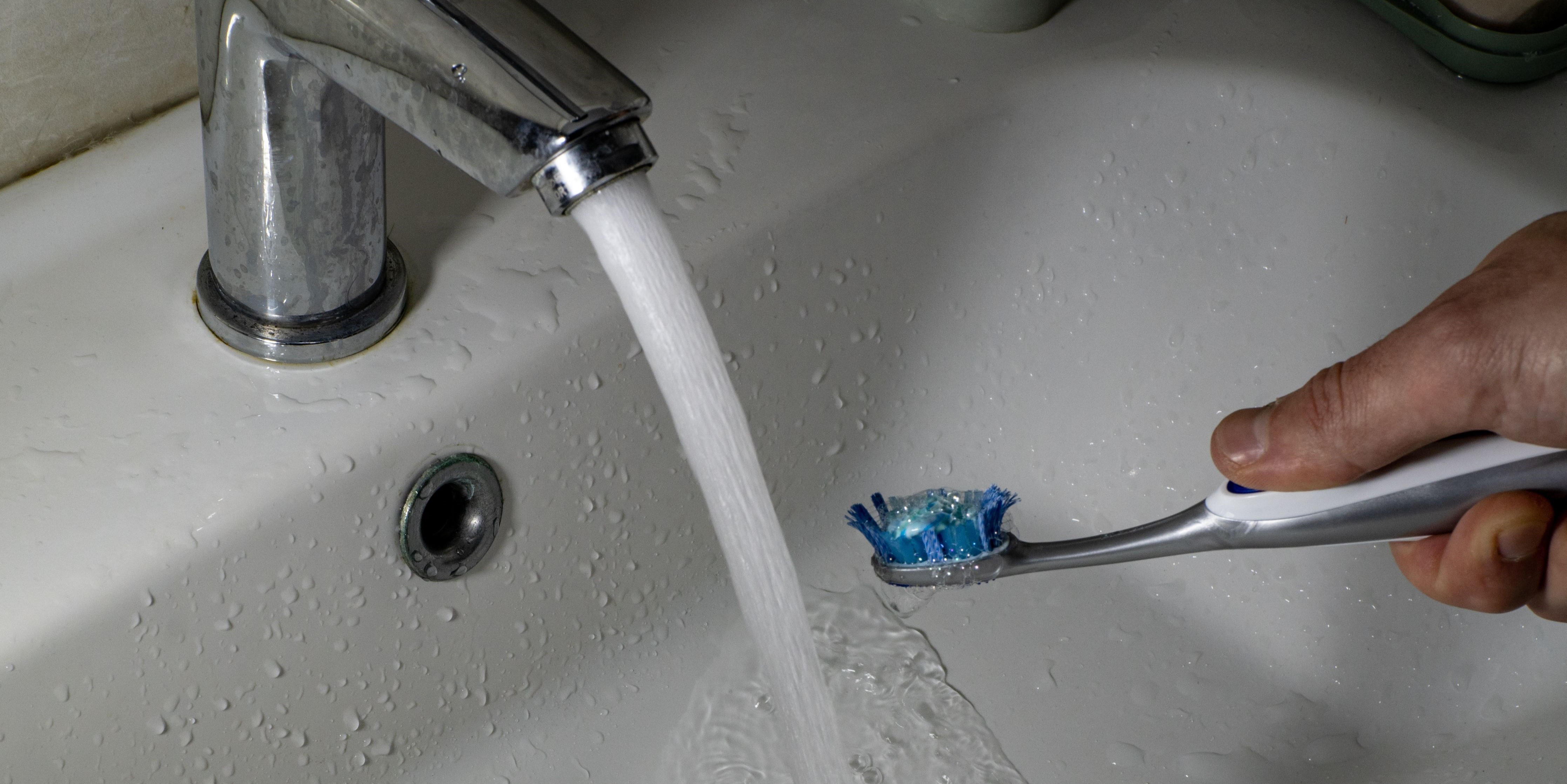For many, the new year represents a time to make positive changes. As the dual crises of environment and economy continue, good steps can be taken to tackle both by reducing the amount of household water wasted. Here, Kevin Wellman, CEO of the Chartered Institute of Plumbing and Heating Engineering (CIPHE) discusses four ways to save money and be more eco-friendly with your household water use.
Water is a precious resource, and it is becoming increasingly necessary to make concerted efforts towards water conservation. In Summer 2022, Britain saw the hottest temperatures on record, and it is anticipated that we will experience similar temperatures in the years ahead. Without real change, the UK’s water networks could struggle to supply the millions of homes, businesses and people that rely on it.
We all have a part to play so read on for some ways to make a change. Not only will you be contributing to a vital global cause, but you could also feel the benefit when your water bill arrives too.
Claim your freebies
Most water companies offer free and subsidised products aimed at saving water. Cistern bags can save up to two litres per flush, while flow regulated tap aerators slow the flow of kitchen taps, making it easier to prevent water wastage.
Water saving shower heads – often available for free or discounted prices via water companies’ websites – help to save water without having to cut down on shower time. They can help you save money on your water and energy bill as less energy is required to heat a reduced amount of water.
Use your butt
Subsidised water butts are a great resource for catching and storing rain. On dryer days, this water can then be reused to keep plants hydrated and healthy. Whether using a water butt or not, watering outdoor plants is best done at night, giving the soil more chance to soak up the water. It might seem counter intuitive but when the day is at its hottest, that’s the worst time to water plants as a significant amount of moisture will be lost to evaporation.
As for lawns, it’s best not to water them at all. Even during a heat wave and when the grass is turning brown, there’s no need to worry or reach for the hose. Grass is resilient and it’s browning is a sign of it going into a water-saving mode, not an indication that it’s dying. As soon as the next rain falls, even if it takes weeks, the grass will be rejuvenated and become green again.
Don’t let leaks last
Leaks from pipes or faulty taps are responsible for an enormous amount of water wastage. Fixing them can save a great deal of money, often for little or no investment. Like the water-saving products, many water companies offer free leak-fixing services. If a leak is left, it can damage the property, leading to significant repair costs. But this is not only a money and water-saving tip – the extra moisture from unremedied leaks can contribute to mould and mildew growth, potentially leading to adverse health impacts.
Chill out
Keeping a jug or reusable bottle of water in the fridge can save litres of water every day. Most kitchen taps flow at a rate of about six litres per minute which means that, if someone runs the tap for 20 seconds to get the water cold enough for a refreshing drink, that’s two litres of water gone. Over the day, month and year, those litres add up significantly. However, this water waste can be reduced to nothing by filling a bottle and keeping it in the fridge, eliminating the need to let the tap run before topping up a glass.
Final thoughts
There are many other ways to save water in the home: taking a shower instead of a bath, turning off taps when brushing teeth or shaving, and only using a washing machine or dishwasher when full. Everything we can do to conserve this underappreciated natural resource is a step in the right direction. Similarly, as the UK continues to endure economic woes, reducing monthly bills can make a big difference to our financial freedom.
As climate change increasingly impacts our daily lives and the cost-of-living crisis shows little sign of ending soon, make 2023 the year that you make positive change by reducing your water waste.
More on this can be found at CIPHE.org.uk.

